Seven Commonwealth countries with dubious records of ‘inclusivity’ and protecting human rights
The Queen has made ‘inclusivity’ the theme of this year’s Commonwealth Day – but not all member nations are living up to that ideal
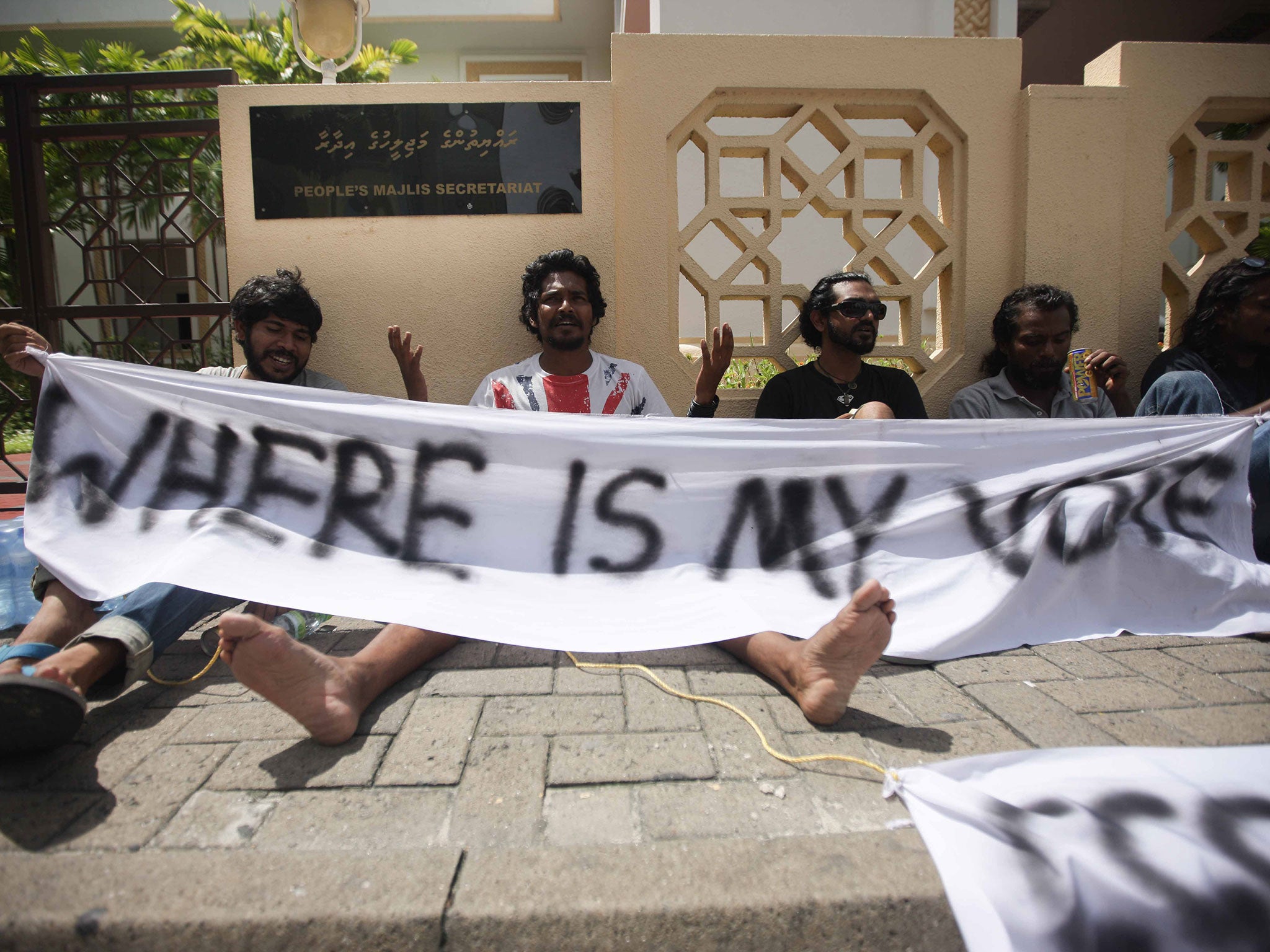
Your support helps us to tell the story
This election is still a dead heat, according to most polls. In a fight with such wafer-thin margins, we need reporters on the ground talking to the people Trump and Harris are courting. Your support allows us to keep sending journalists to the story.
The Independent is trusted by 27 million Americans from across the entire political spectrum every month. Unlike many other quality news outlets, we choose not to lock you out of our reporting and analysis with paywalls. But quality journalism must still be paid for.
Help us keep bring these critical stories to light. Your support makes all the difference.
The Queen addressed the international community of Commonwealth nations on Monday, declaring “inclusivity” as the theme of 2016 across the former territories of the British Empire.
The irony of working to combat oppression around the world through the concept of a Commonwealth, the ghost of an imperial system implemented through a litany of brutal atrocities, has been noted.
At a star-studded event at Westminster Abbey in London, dignitaries from the 53-nation group came together to hear the Queen's message about “being inclusive and accepting diversity… wherever we live in the Commonwealth”.
In the programme for the service, the Queen said: “Today, and in the year ahead, the theme 'An Inclusive Commonwealth' is an inspiration for us all. Let us give it practical effect by supporting those in need and those who feel excluded in all walks of life. By doing so, we will continue to build a truly representative Commonwealth community.”
Here are seven Commonwealth members who have failed to live up to those ideals.
Uganda
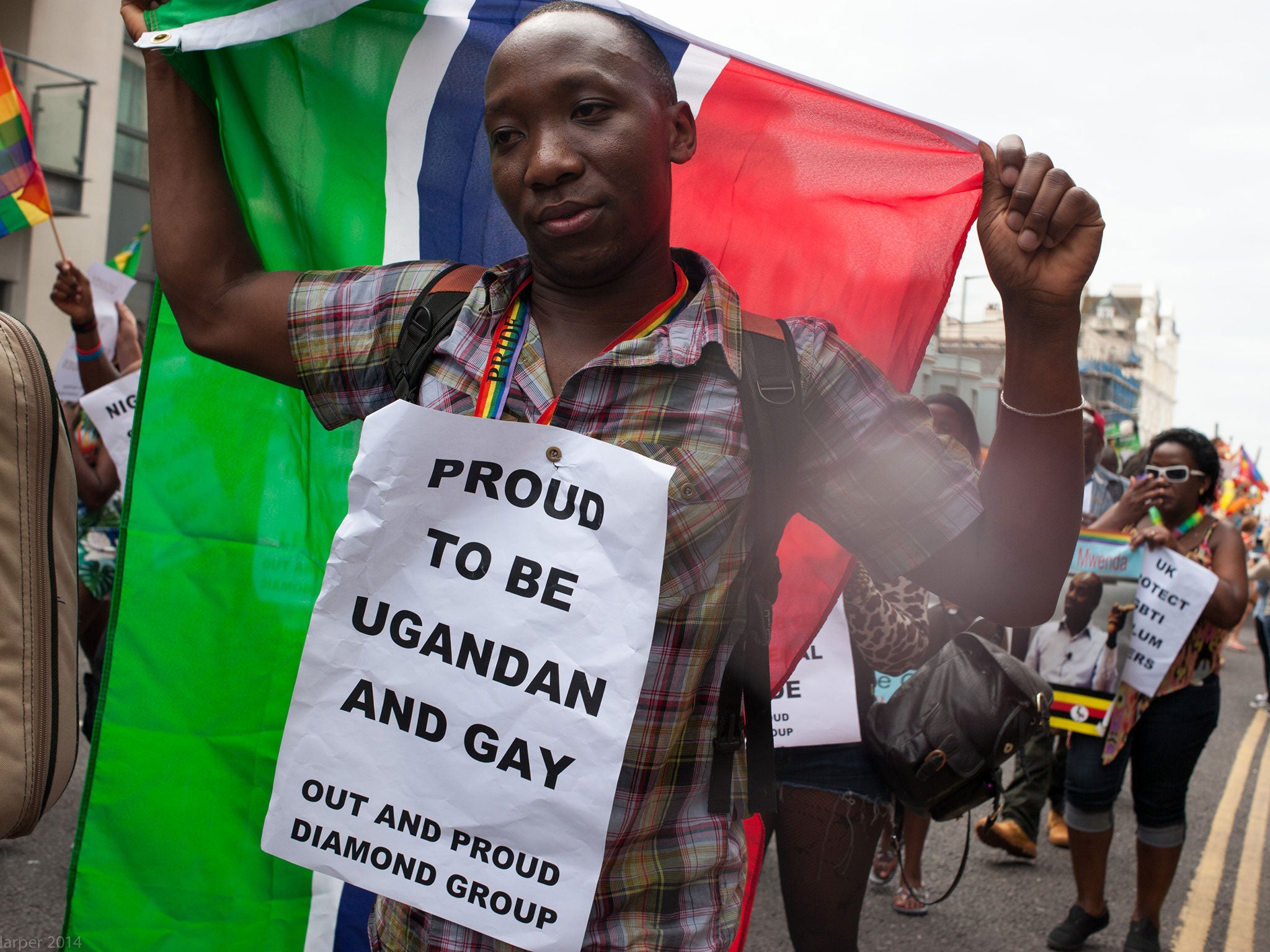
Uganda’s president Yoweri Museveni extended his 30-year rule when the results of its recent elections were announced on 20 February – while his opponent was being held under house arrest.
The Independent went on patrol with a group of unpaid vigilante “preventers”, who critics say were used as an unofficial army of enforcers to stamp out any resistance against the incumbent leader.
The criminalisation of homosexuality – for the most part a direct result of colonialism in Africa – is evident particularly clearly in Uganda. While its infamous Anti-Homosexuality Act (AHA) was nullified early last year, a new bill targeting the LGBT community – but with a less offensive title – is set to come into law.
Sri Lanka
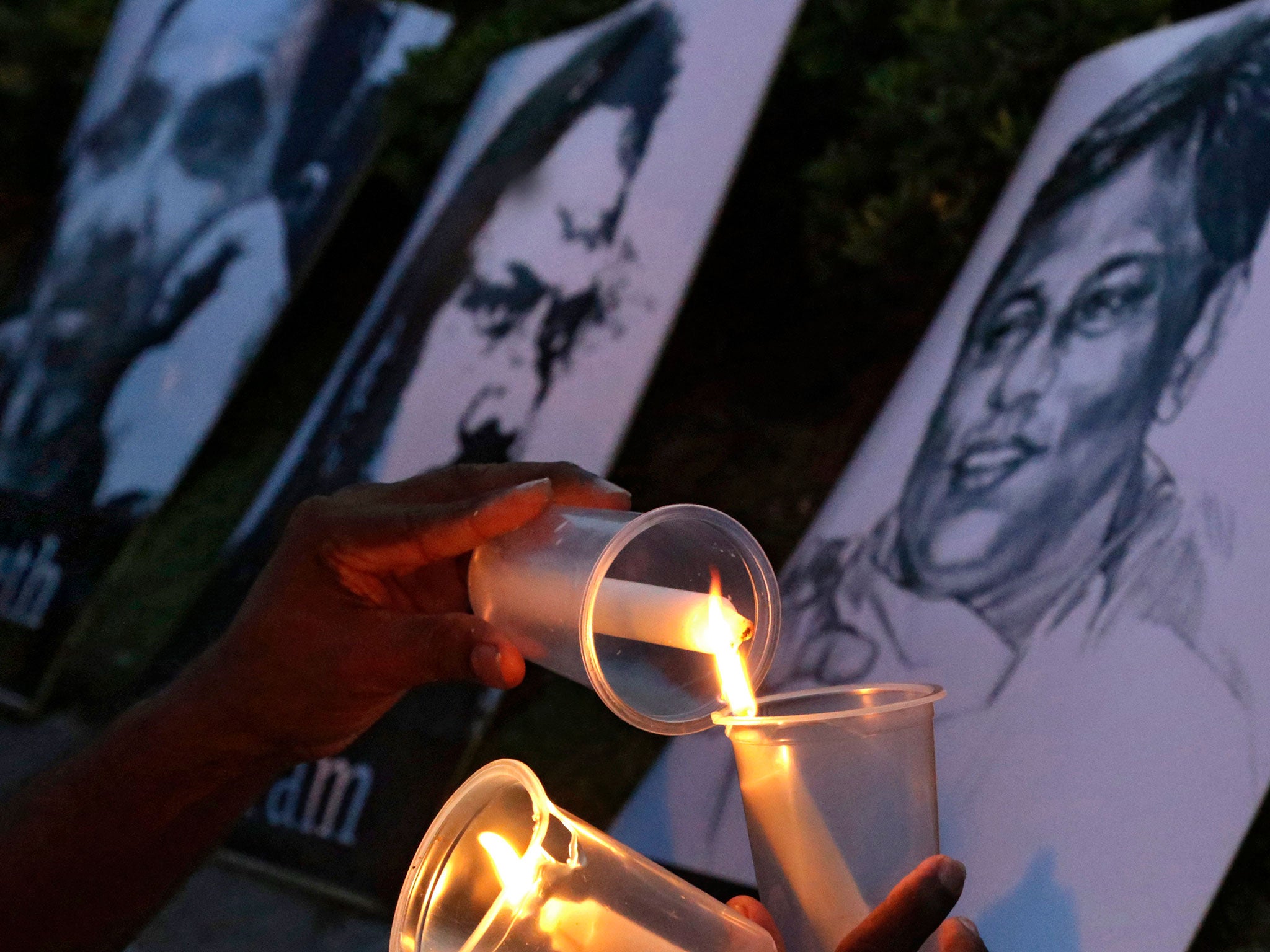
The Commonwealth Human Rights Initiative was founded in 1987 in a bid to use the influence of the Commonwealth ideal to shine a light on the human rights abuses of individual states.
In its statement marking Commonwealth Day 2016, the organisation has chosen to highlight Sri Lanka and its “sharp turn towards authoritarianism” as the most pressing concern for the wider group.
The humanitarian crisis in the country after the cessation of armed conflict in 2009 “damages Commonwealth credibility”, the CHRI said.
“Violations and abuses that have occurred in Sri Lanka include indiscriminate shelling, extrajudicial killings, enforced disappearances, harrowing accounts of torture and sexual violence, recruitment of children and other grave crimes,” it said, quoting the UN HRC.
Kenya
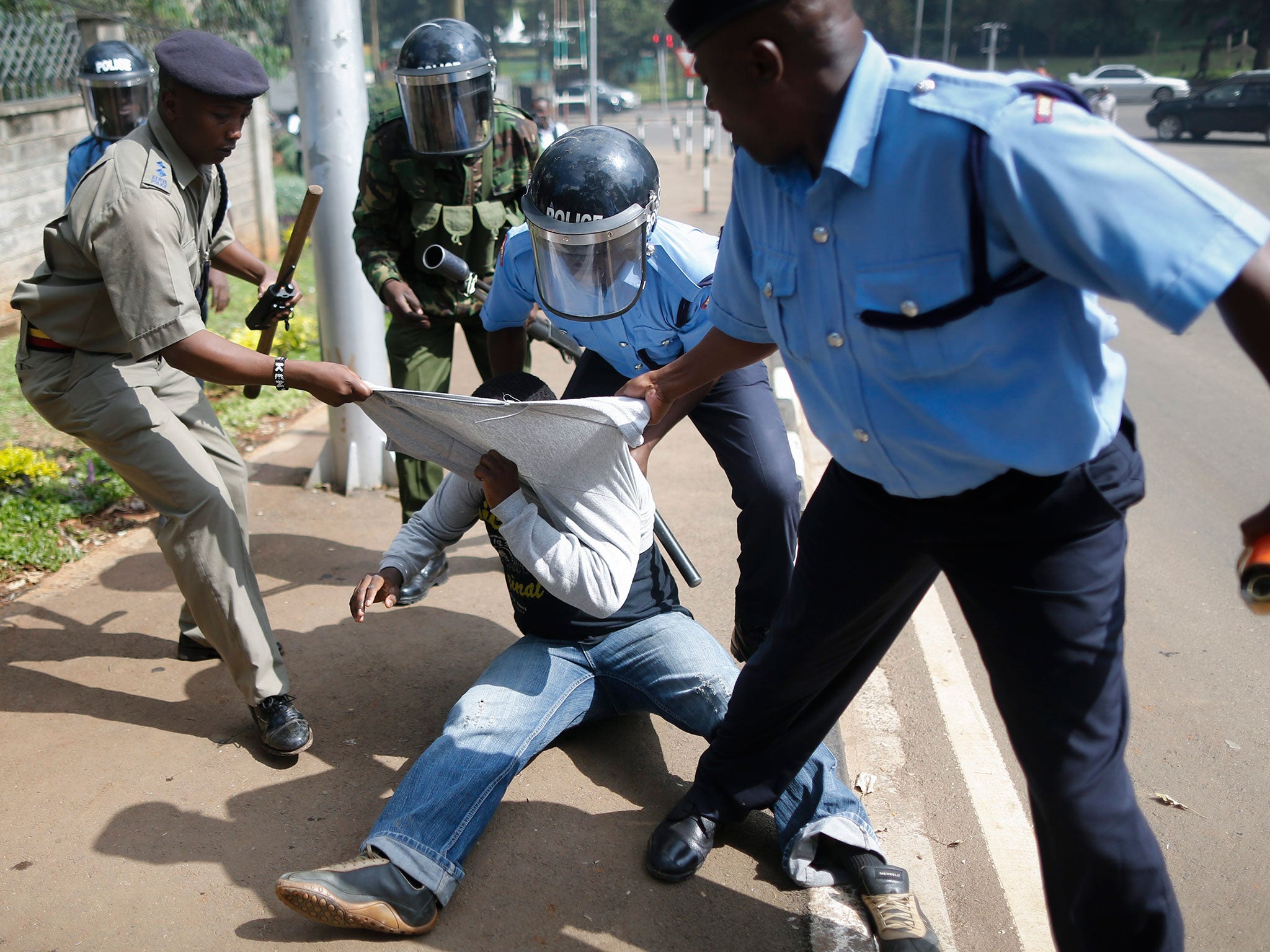
In its report on The State of the World’s Human Rights, released late last month, Amnesty International raised 10 key examples of countries where there have been attacks on the rights of individuals perpetrated on a national scale.
They included two current Commonwealth nations – Kenya and Pakistan – as well as The Gambia, a member until very recently when it withdrew citing “neo-colonialism”.
In Kenya, Amnesty reported extrajudicial executions, enforced disappearances and discrimination against refugees under the umbrella of the government’s counter-terrorism operations against the al-Shabaab militant group.
It also said there had been concerted attempts to undermine the International Criminal Court and its ability to pursue justice.
Trinidad & Tobago
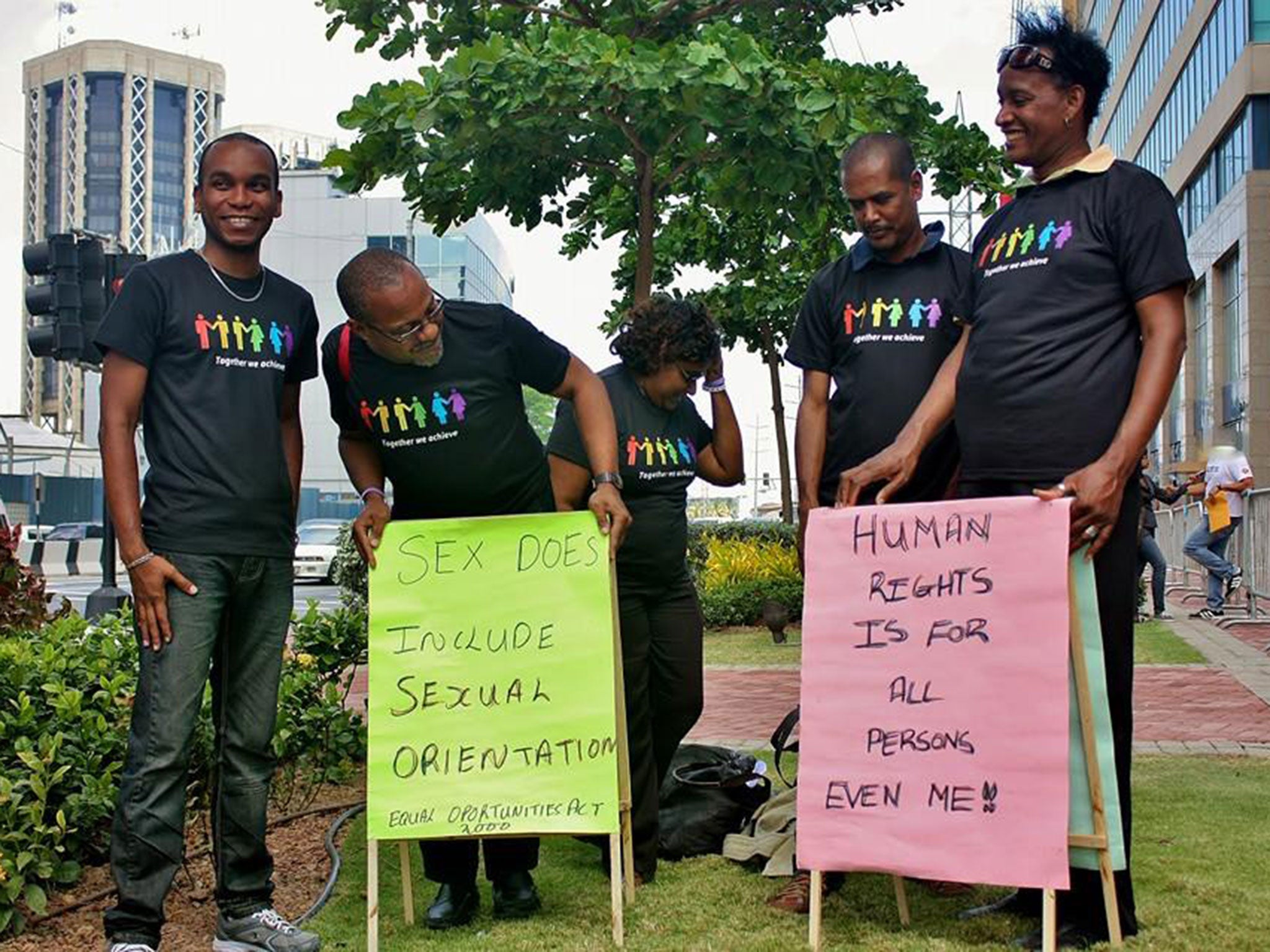
Governed by Britain for more than 160 years until it obtained independence in 1962, Trinidad and Tobago has become the third-wealthiest nation in the Americas per capita due to its vast reserves of oil and natural gas.
Yet while it is now a flourishing republic, the country’s anti-LGBT laws remain stuck in the colonial era.
So-called “buggery laws”, brought in under British rule, carry a 25-year prison term for consensual anal sex between two men. Current immigration laws also bar “undesirables” from entering the country in the first place – a list that includes homosexuals, prostitutes and other marginalised groups.
It is reported that these laws often go unenforced, and public opinion remains divided on the issue of gay rights – as this scathing comment article, run by the Trinidad Express after the US Supreme Court ruling on gay marriage, shows.
The Maldives

The CHRI says it carried out a fact-finding mission to the Maldives in November last year, and found the country in “clear violation” with the fundamental values of the Commonwealth.
Among other issues, it found “a flagrant disregard to the rule of law, human rights and good governance”, as well as warning that the country represents “a fertile recruitment ground for jihadist fighters in Iraq and Syria”.
“Radicalised elements continuously harass and attack individuals perceived to be secular, unorthodox or “un-Islamic” with impunity, as government tolerates instead of punishes these perpetrators,” it said, adding that the rise of ultra-conservative groups “severely undermines advancement of women’s rights and gender equality”.
Malaysia
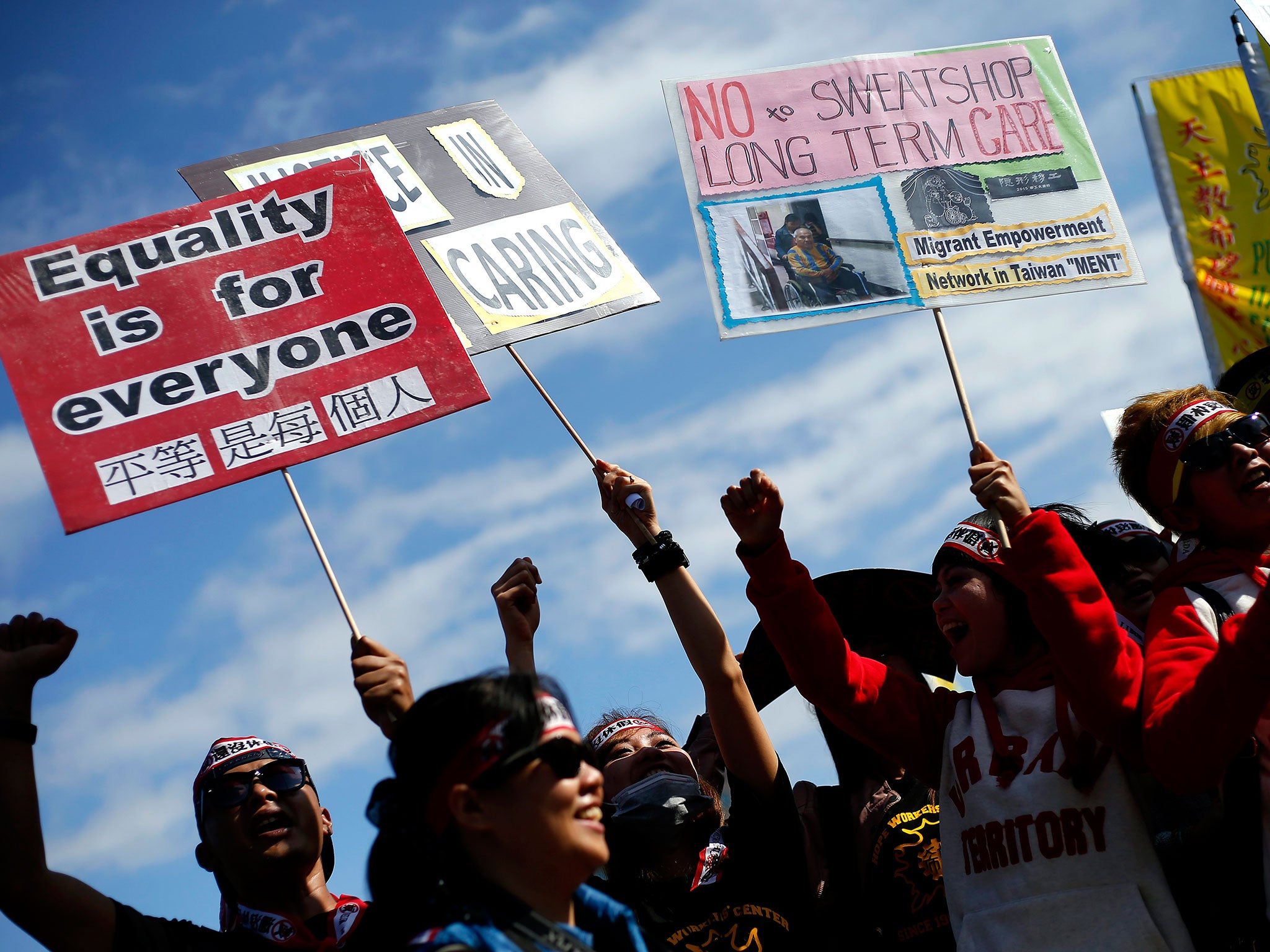
The lands which now make up Malaysia were dominated by Britain until the modern country was formed in 1963.
Since then, it has experienced growing economic prosperity – but it has made headlines this week after two Australian journalists were detained for attempting to question the Prime Minister Najib Razak.
The issue of press freedom in Malaysia appears to be coming to a head, but has been a growing concern for some time. In its statement on Human Rights Day last year, the CHRI said: “We stand with the journalists and activists harassed and prosecuted for the legitimate exercise of their freedoms of speech and assembly in Malaysia.”
England (and Wales, Scotland and Northern Ireland)
In his message marking Commonwealth Day, David Cameron said the organisation was one of the ways "we amplify Britain's influence in the world".
He said: "It is by being a member of strong networks and international organisations such as the Commonwealth, the UN Security Council, the EU, Nato and G8 that we amplify Britain's influence in the world.
"As the only country to belong to all of these organisations, we have a unique opportunity to make our voice heard and our partners value the role we can play in bringing together these different networks, so we all work together to deliver greater security and prosperity for our citizens."
As can be seen from the examples of countries above, however, it is at least partly because of Britain's effort to "influence" the world in the past two hundred years that so many issues regarding inclusivity have arisen.
Subscribe to Independent Premium to bookmark this article
Want to bookmark your favourite articles and stories to read or reference later? Start your Independent Premium subscription today.
Join our commenting forum
Join thought-provoking conversations, follow other Independent readers and see their replies
Comments